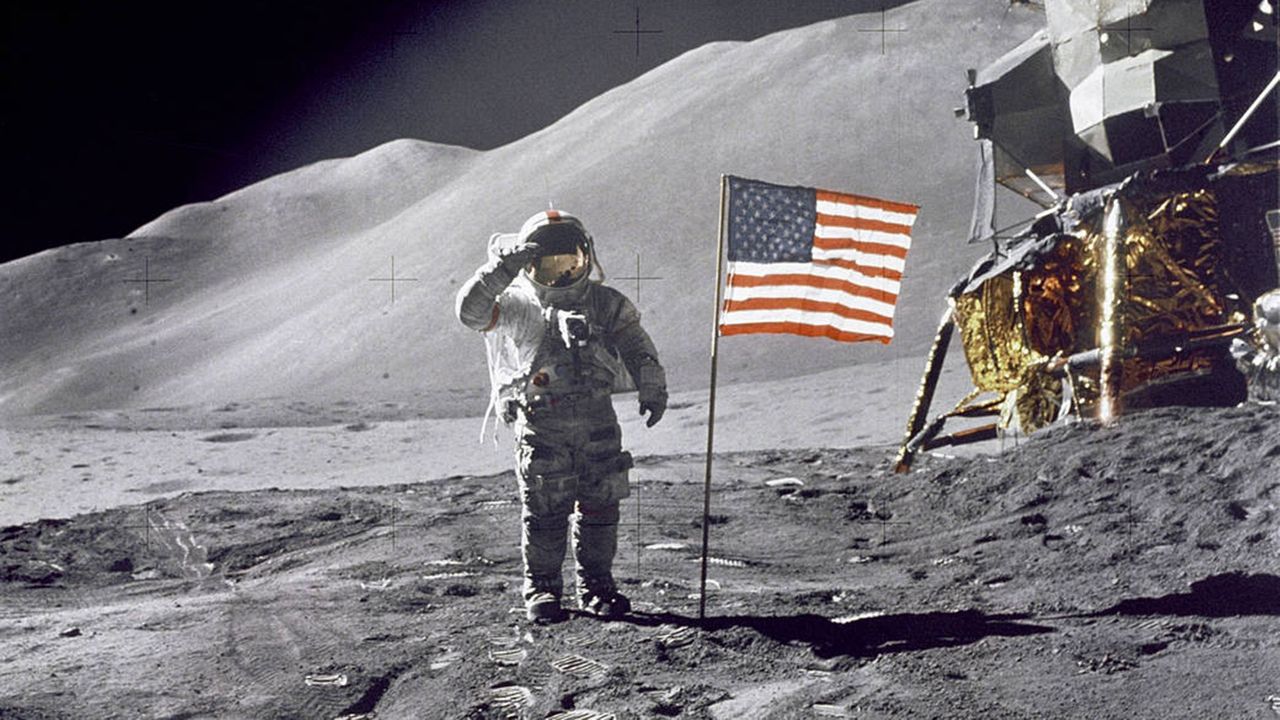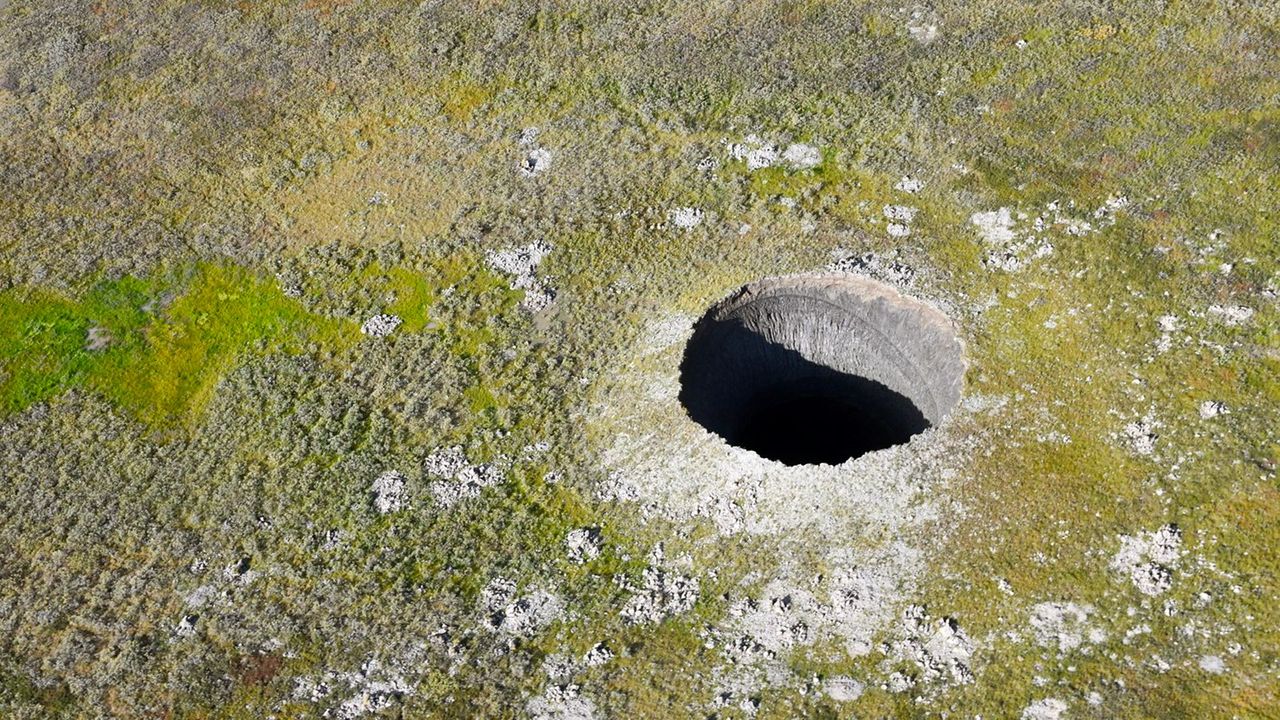From the first voyages across the seas to venturing beyond Earth’s atmosphere, these trailblazers redefined what was possible and expanded the boundaries of human knowledge. Whether navigating uncharted oceans, exploring mysterious continents, or reaching outer space, these pioneers left an indelible mark on history.
Here are the Top 10 Pioneers Who Revolutionized Human Exploration!
1. Ferdinand Magellan (1480–1521) – First to Circumnavigate the Globe 🌍⛵
Magellan led the first expedition to sail around the world, proving that Earth was truly a sphere. Though he didn’t survive the journey, his crew completed the nearly three-year voyage, forever changing global exploration. 🔎 Legacy: Opened the era of global navigation and trade.
2. Christopher Columbus (1451–1506) – The New World Explorer 🗺️🚢
Columbus’s 1492 voyage across the Atlantic, sponsored by Spain, connected Europe to the Americas. While he didn’t “discover” the New World (indigenous peoples had been there for millennia), his expeditions paved the way for European colonization and global exchange. 🔎 Legacy: Initiated the Age of Exploration and changed world history.
3. Marco Polo (1254–1324) – Bridging East and West 🏯🛤️
The Venetian explorer traveled across Asia, spending years at the court of Kublai Khan. His writings introduced Europeans to the wonders of China, Mongolia, and the Silk Road, sparking curiosity and trade between the continents. 🔎 Legacy: Inspired future explorers, including Columbus.
4. Neil Armstrong (1930–2012) – First Human on the Moon 🌕🚀
As the commander of Apollo 11, Armstrong became the first person to walk on the Moon in 1969, uttering the famous words: 🗨️ “That’s one small step for [a] man, one giant leap for mankind.” 🔎 Legacy: Opened a new frontier—human space exploration.
5. Yuri Gagarin (1934–1968) – First Human in Space 🌌👨🚀
In 1961, Soviet cosmonaut Yuri Gagarin became the first human to orbit Earth aboard Vostok 1. His journey proved that space travel was possible, launching the Space Age. 🔎 Legacy: Inspired generations of astronauts and engineers.
6. James Cook (1728–1779) – Mapping the Pacific 🌊🗺️
Cook charted Australia, New Zealand, and the Pacific Islands, proving there was no great southern continent as once believed. His accurate maps revolutionized naval navigation. 🔎 Legacy: Expanded knowledge of the Pacific and Oceania.
7. Lewis & Clark (1774–1809, 1770–1838) – Opening the American West 🏔️🌿
Commissioned by Thomas Jefferson, Lewis and Clark led the Corps of Discovery (1804–1806), exploring the vast lands of the Louisiana Purchase and providing the first maps of the American West. 🔎 Legacy: Paved the way for westward expansion in the U.S.
8. Ibn Battuta (1304–1369) – The Greatest Medieval Traveler 🕌🌍
Over 30 years, Ibn Battuta traveled more than 120,000 km, exploring the Islamic world, from North Africa to China. His detailed accounts provide some of the best insights into medieval civilizations. 🔎 Legacy: A Muslim explorer whose writings are invaluable for historians.
9. Robert Peary (1856–1920) – First to Reach the North Pole 🧊🧭
Peary and his team claimed to be the first to reach the North Pole in 1909. His Arctic explorations, alongside Matthew Henson, expanded our understanding of the polar regions. 🔎 Legacy: Advanced polar exploration and inspired future adventurers.
10. Jacques Cousteau (1910–1997) – Pioneer of Ocean Exploration 🌊🤿
Cousteau developed the Aqua-Lung (SCUBA gear), allowing deep-sea diving, and produced groundbreaking marine documentaries. His work opened the world’s eyes to the beauty and importance of the oceans. 🔎 Legacy: Revolutionized oceanography and conservation.
🌍 FINAL THOUGHTS
These explorers pushed the boundaries of human knowledge, leading us to new continents, deep oceans, and even space. Their courage and discoveries shaped history and continue to inspire modern explorers.
🌟 Which explorer do you admire the most? Let us know in the comments!



